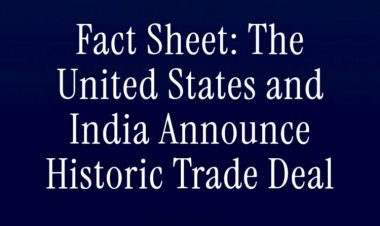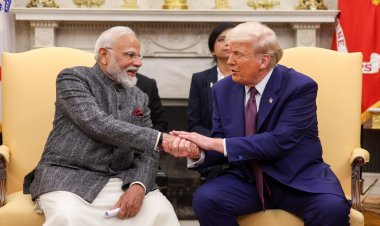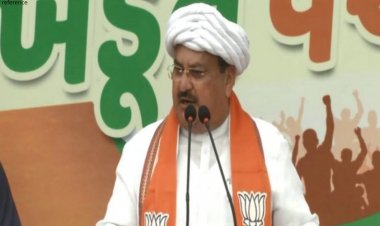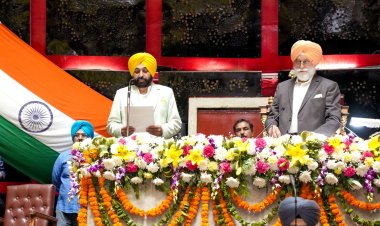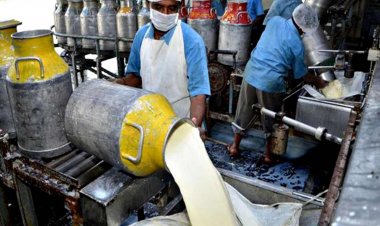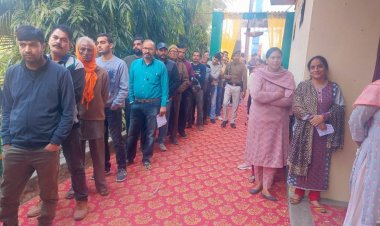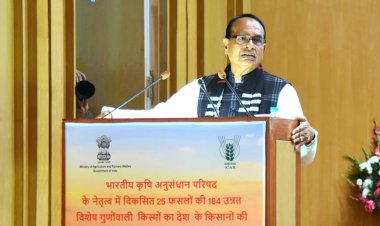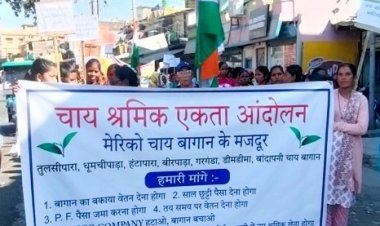Fifth consecutive time: India invokes peace clause for rice in WTO
India has once again invoked the Peace Clause of the World Trade Organization (WTO) to ensure its food security and provide additional assistance to rice farmers.
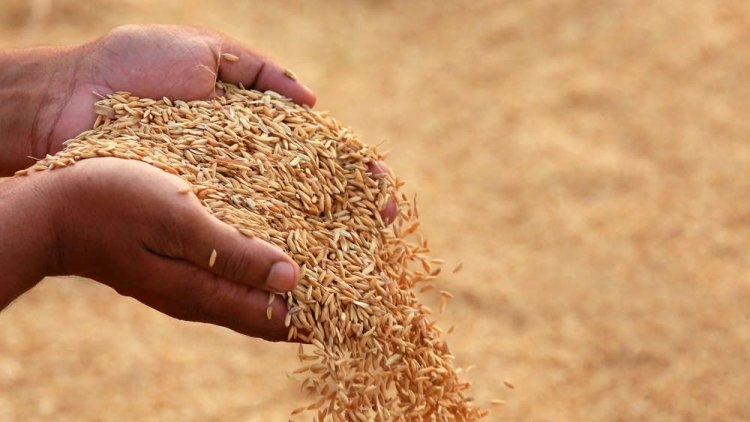
India has once again invoked the Peace Clause of the World Trade Organization (WTO) to ensure its food security and provide additional assistance to rice farmers. India invoked the peace clause in the World Trade Organization (WTO) for the fifth consecutive time in the year 2022-23 (October-September) for violating the subsidy limits set for rice.
The Peace Clause is a temporary WTO solution that protects developing countries' food procurement programs from action by WTO members if they violate subsidy limits.
India has informed WTO that the value of total rice production in India in the year 2022-23 was $52.8 billion, while subsidy given to farmers was $6.39 billion. This means that the rice subsidy was 12 percent of the value of production, thereby violating the 10 percent subsidy limit.
This violation will have no immediate impact as India has invoked the Peace Clause, which was agreed upon at the WTO Bali Ministerial in 2013. In its written submission to the WTO, India defended itself by saying that the stocks under the Public Stockholding Program were increased to meet the food security needs of the country's poor population and not to distort trade or affect the food security of other countries. To have an adverse effect."
Subsidies beyond the prescribed limits are seen as a trade-distorting measure. For developing countries like India, this limit has been fixed at 10 percent of the value of food production. India has repeatedly asked the WTO to find a permanent solution to the issue of public food stocks.
Under public stockholding, the government purchases crops like rice and wheat from farmers at minimum support price (MSP) and distributes food grains to the poor. Under global trade norms, a WTO member country's food subsidy should not exceed a limit of 10 percent of the value of production based on the reference price of 1986-88. India is demanding an amendment in this formula for calculating the food subsidy limit.
As an interim measure, WTO members at the Bali Ministerial Meeting in December 2013 agreed to establish a mechanism known as the Peace Clause. Under the Peace Clause, WTO members agreed to refrain from challenging any violations of the limits set by developing countries. This section will remain in place until a permanent solution to the issue of food storage is found.
India has been exceeding domestic support limits in government procurement of rice since 2018-19, but it has been able to protect its public stockholding policies from legal challenges due to the peace clause. The question is why India is repeatedly violating its domestic support limit on rice. In fact, this is largely due to the WTO's outdated and flawed formula which misrepresents increased government procurement.



 Join the RuralVoice whatsapp group
Join the RuralVoice whatsapp group


















